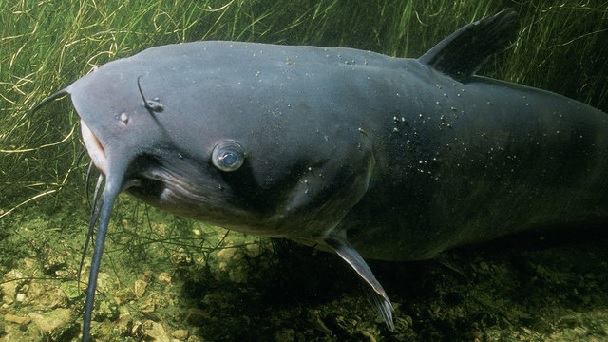Catfishing occurs when someone pretends to be another person online in order to deceive others. If you realize you’ve been catfished, it’s important to report it as soon as possible. Using the right reporting channels ensures your case gets proper attention and helps keep you safe. These channels also make sure your information reaches the appropriate authorities. Reporting through the wrong methods may result in your case being mishandled or ignored.
Proper reporting not only protects you but also helps prevent others from falling victim to online scams. Online interactions can be exciting, but catfishing—where someone uses a fake name or profile to mislead others—is a growing problem. It can lead to emotional distress, financial loss, and sometimes even put people in danger. Knowing where to turn for help and how to take action is crucial. Using the correct channels online is the most effective way to handle this type of deception.
Understanding Why Reporting Is Important
Many people feel embarrassed when they find out they have been tricked online. Some choose to say nothing and hope the issue goes away. Learning how to report catfishing is important because if people do not speak up, the issue just continues.
Telling someone about it does not just help you; it also helps stop others from getting tricked in the same way. The people in charge and the websites need these reports to track bad behavior, close fake accounts, and warn other users.
Where to Report a Fake Profile
The initial thing to do is report the fake user directly on the website or app where you saw it. Most social and dating sites let you flag or block users you think are not real. This will hide the fake user from you and also alert the platform. They can then look into it more. You can also save screenshots and chat messages as proof before reporting. This can help if you need to tell law officers about it at a later time.
For those who want an extra layer of verification before reporting, tools like Cheateye, a dating profile search app that helps you find cheaters on Tinder, can help you confirm suspicious accounts safely.
When to Call Law Enforcement
You do not need the police for every catfishing case, but some cases do need it. If someone threatens you, asks for money, or tries to blackmail you, you should reach out to the authorities right away.
Law enforcement teams have experts for cybercrime. They can track who is behind fake accounts and find these people. By using the right help, victims help protect themselves and also make the online world safer for everyone.
How to Report Catfishing Effectively
Reporting catfishing is more than just pressing a “report” button. A person should maintain a lead of all interaction, save screenshots, and hold on to a perfect record of chats. A victim should not interact with the fake profile, because doing so may warn the scammer and make things worse.
Instead, gather the information quietly and send it in through the website’s official forms or to your local cybercrime unit. Taking these careful steps ensures the report is taken seriously and increases the likelihood that someone will take action.
Why the Right Channel Matters
Many people try to fix the problem by telling friends or posting about the fake account online. This can help people know, but it often does not fix anything. The good way is to try the proper way to report it. These reporting methods can close the fake accounts. They can also find the people who did it and give them warnings.
If people do not report using the proper steps, many bad cases will not get any help. When you choose the right way, you help not only the person now but also others who could get hurt later.
The Role of Awareness in Prevention
Even when a case is told, people can learn from it. Awareness is one of the good things they have against online scams. When people interact about the stories with friends and family, it helps others see the warning signs.
Easy steps like looking at profile photos, checking details, and being careful with your information can stop new cases before they start. Catfishing works when people trust too much and do not talk about it, but open talk and quick reporting can make it less serious.
Dealing with a fake online account is never easy, but what matters most is to act. Reporting fake accounts in the right way helps get the problem sorted fast and in a safe way. Understanding how to report catfishing supports people feeling sure enough to do something instead of looking away. With the initial steps, people can keep themselves secure, let others know, and support makes the internet good for all of us.

